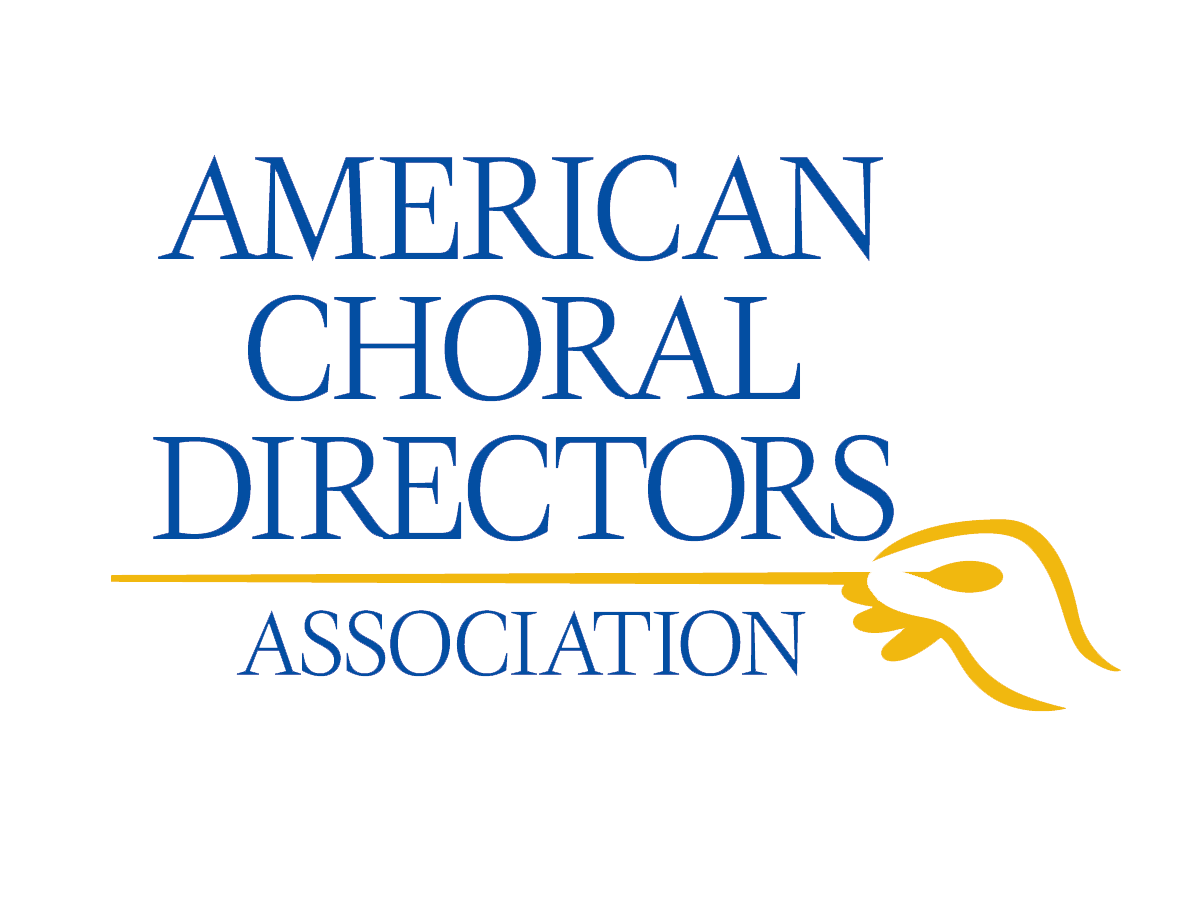Considering the current socio-political climate, the rise in violence against Asian and Asian-American communities, and a reignited Black Lives Matter movement, and the current rash of “anti-woke” legislation, we as choral conductor-teachers are faced with some uncomfortable truths about choral music. We as artist citizens can learn about these truths and leverage coalitions to dismantle systems of oppression. Discussions about representation (of diverse musics and conductor-teachers from historically marginalized populations), cultural appropriation, and ideas of choral white supremacy (including the idea that there is only one way to become “musically literate” are becoming more common in choral spaces. In this interactive session, the presenters will spend considerable time discussing how to approach programming and teaching works born from traditions of Black, Indigenous, Persons of Color (BIPOC) persons or composed/arranged by BIPOC persons in this age of “cancel culture.” Activities and conversation will equip attendees with some tools and language needed to become comfortable engaging in uncomfortable conversations surrounding race and contemporary choral culture. Utilizing Intersectionality and Whiteness as Property (Harris, 1993) as frameworks, the presenters will equip attendees with some tools and language needed to become comfortable engaging in uncomfortable conversations surrounding race and contemporary choral culture. This uncomfortability may be seen as growing pains for a choral community grappling with difficult and long overdue conversations about equity, “inclusion,” and access. At the end of this session, attendees will be able to: (a) describe the current socio-political climate nationally and in their region/state; (b) define foundational terms including white supremacy, race, ethnicity, racism, antiracism, and culturally relevant pedagogy; (c) describe the essence of Intersectionality and/or Whiteness as Property; and (d) describe how uncomfortable conversations might be leveraged to make their setting more racially equitable.
Getting comfortable being uncomfortable about race in choral music

Joshua Palkki
Arizona State University
Joshua Palkki (he/him) is Assistant Professor of Music Learning and Teaching/Choral Conducting and Associate Director of Choral Activities at Arizona State University and co-author of Honoring Trans and Gender-Expansive Students in Music Education (Oxford University Press). He holds degrees from Michigan State University (Ph.D., Music Education/Choral Conducting Cognate), Northern Arizona University (M.M., Choral Conducting), and Ball State University (B.S., Music Education). He has guest conducted in several states and presented at state, national, and international research, choral, and music education conferences. Joshua’s writing appears in peer reviewed journals and several books including Routledge Companion to Jazz and Gender.

Arreon A. Harley-Emerson
Temple University; Equity Sings
A conductor, composer, nonprofit strategist, and equity coach, Arreon A. Harley-Emerson (he/him) is the President and CEO of Equity Sings that assists organizations in remaining relevant in the 21st century. Additionally, Mr. Harley-Emerson teaches at the University of Delaware and is a University Fellow at Temple University where he is pursuing a Ph.D. in music education with a cognate in choral conducting and has completed a graduate certificate in Diversity in Higher Education. Mr. Harley-Emerson is published in The Chronicle of Philanthropy, The Choral Journal, and The Oxford Handbook for Choral Pedagogy.


